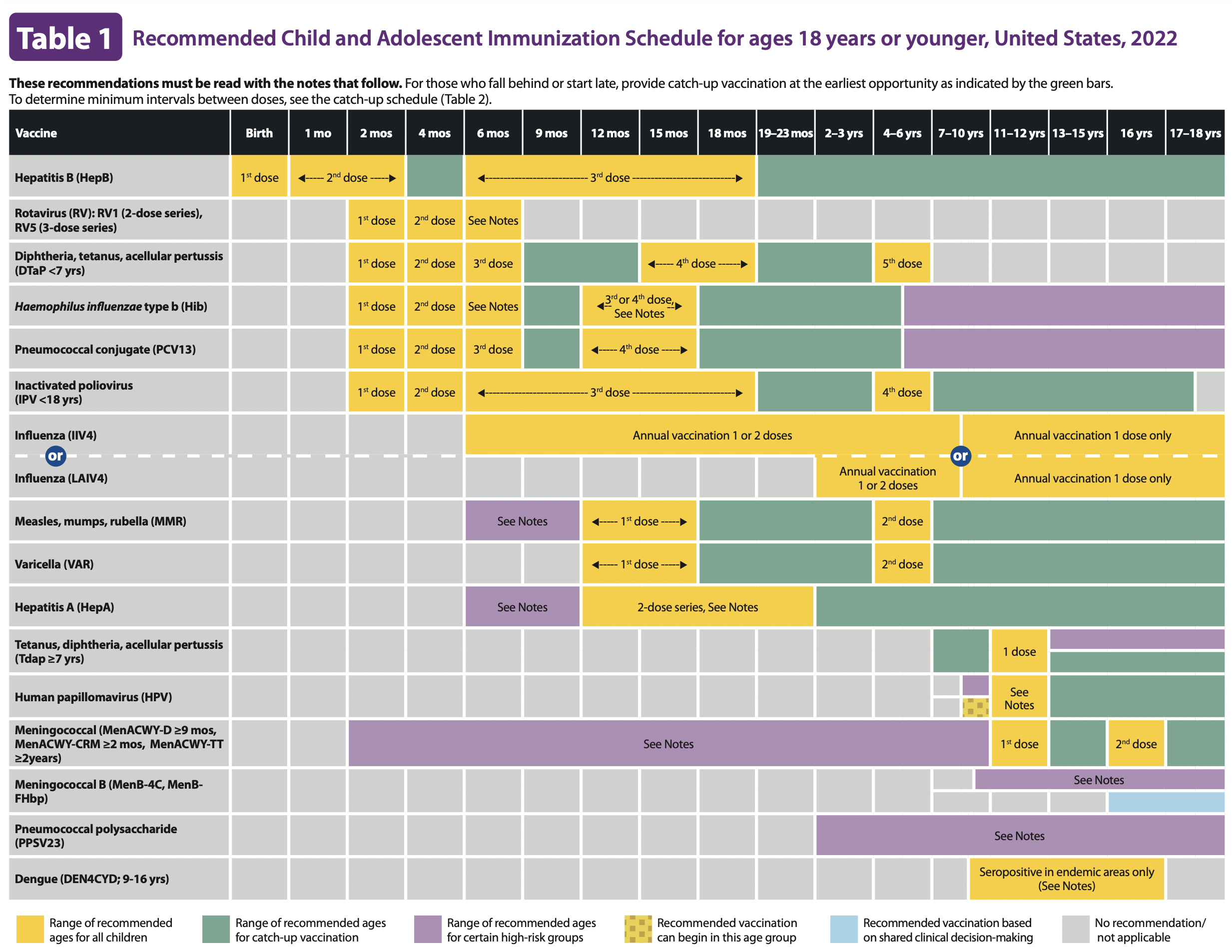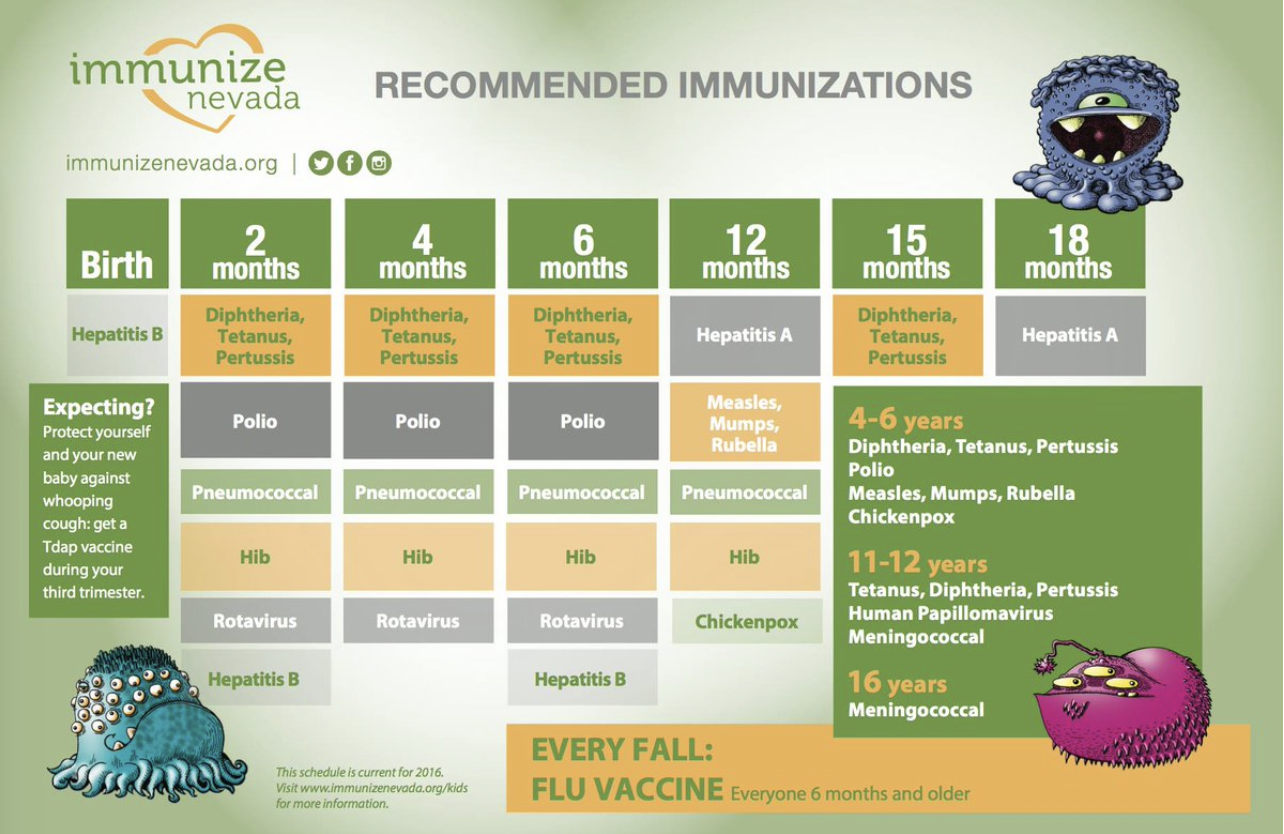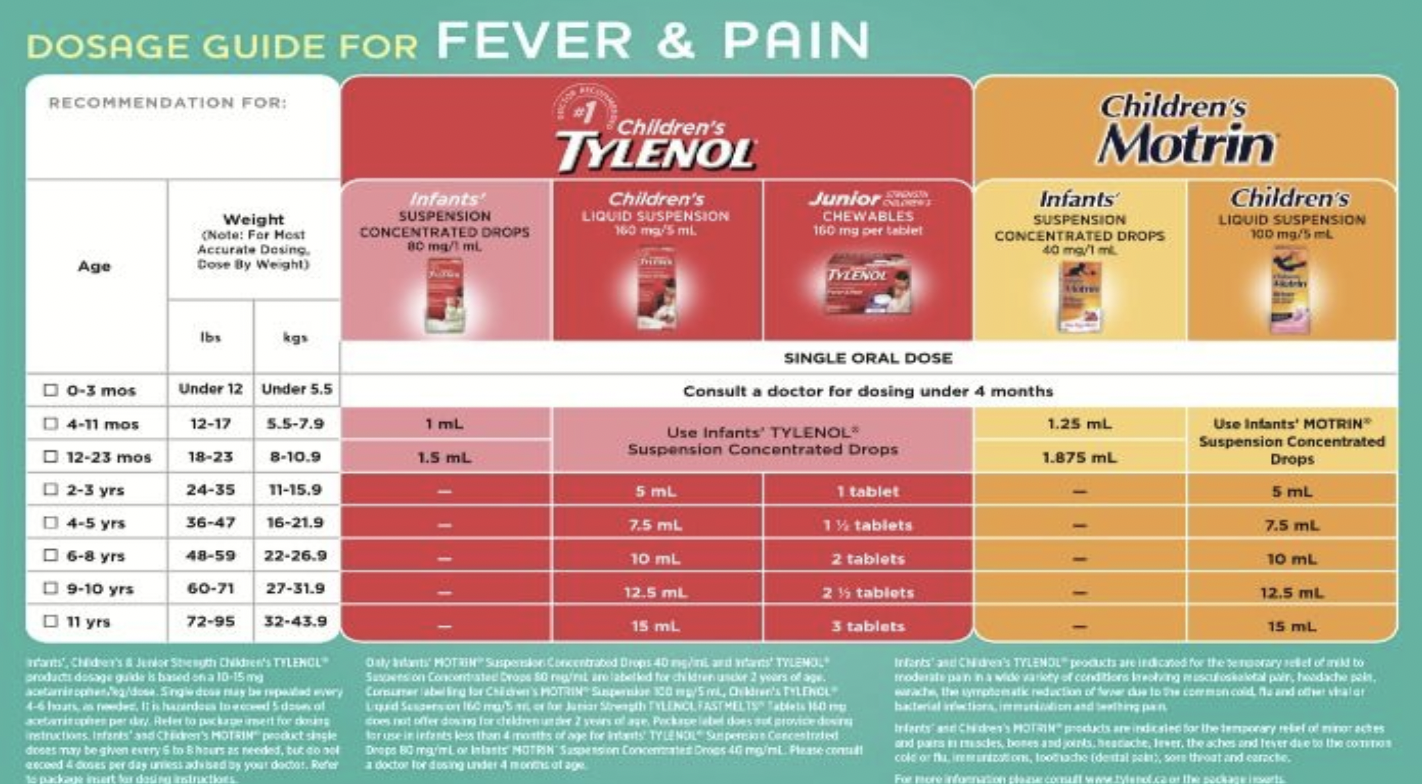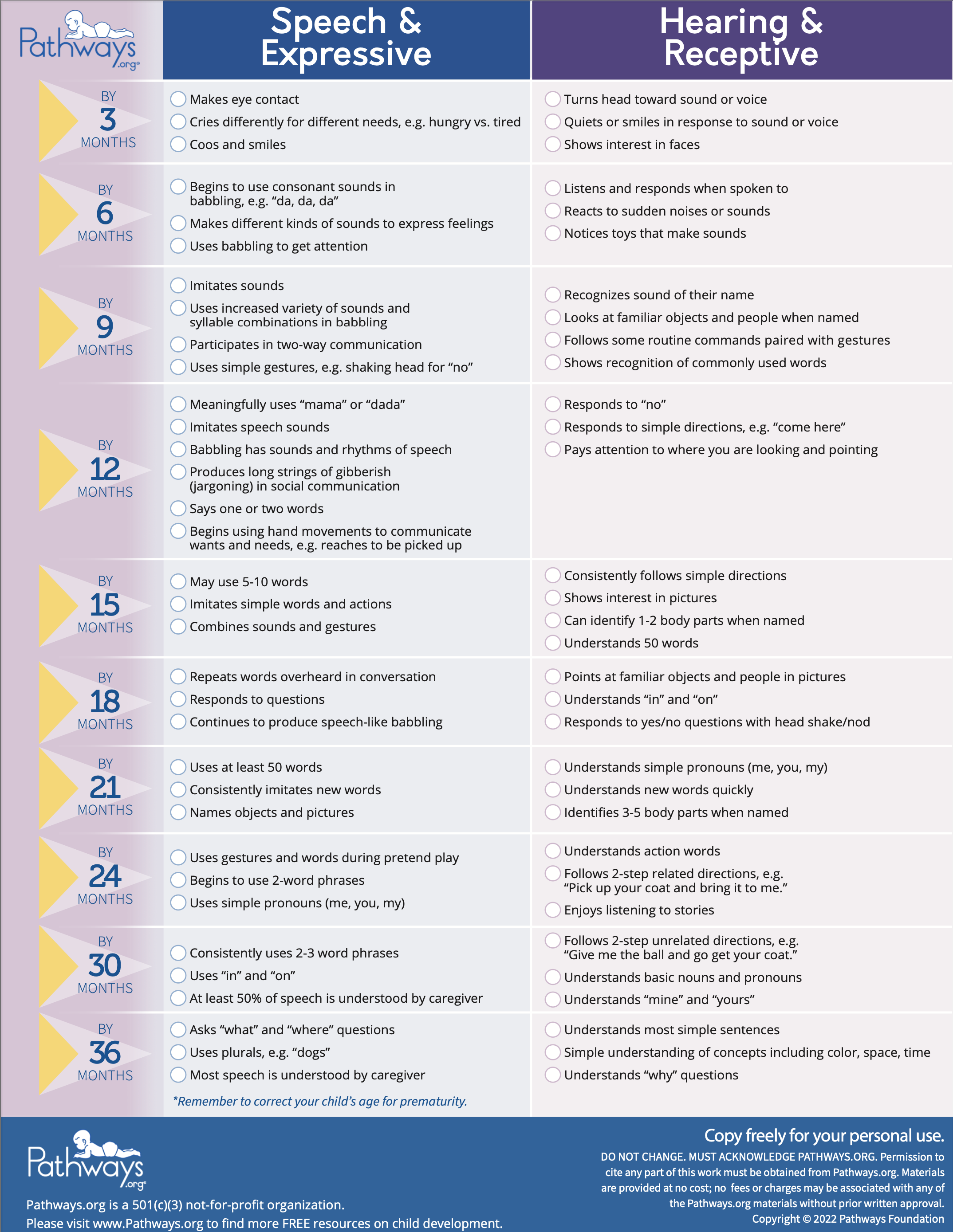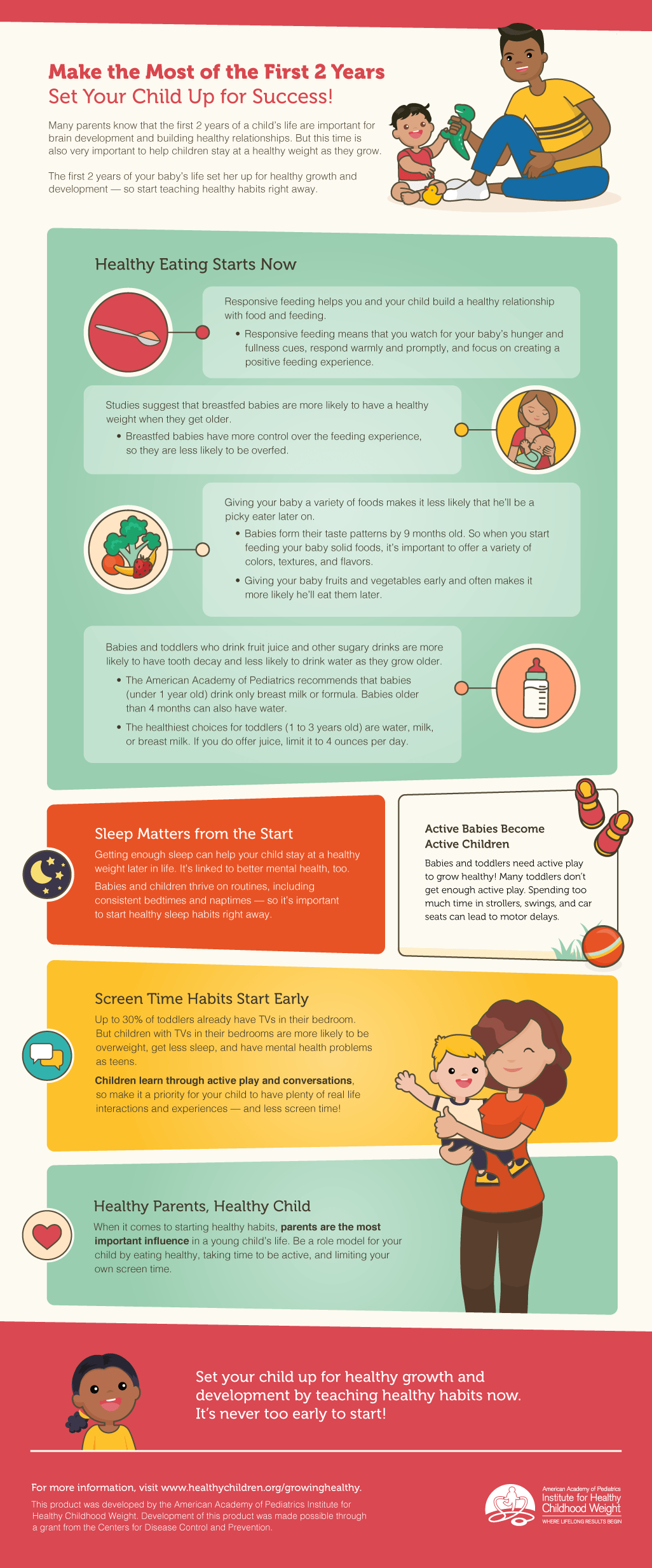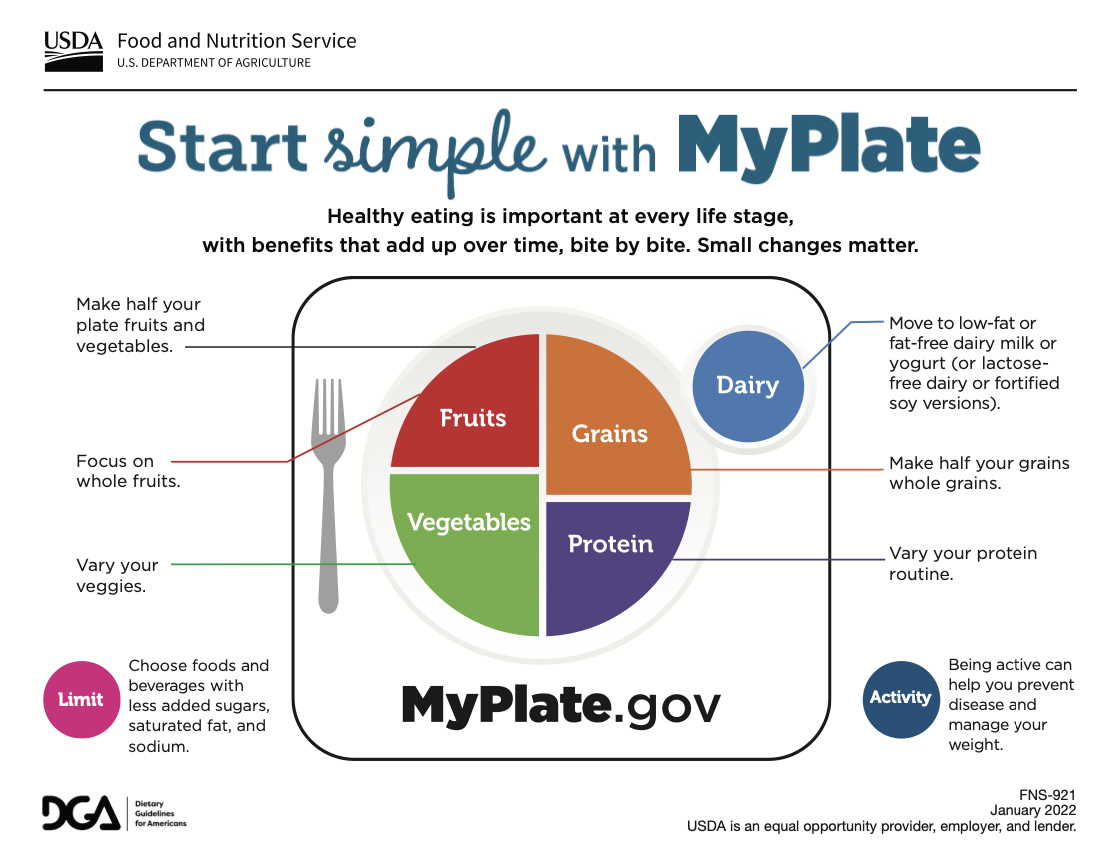Food Safety

Everyone knows that children, especially very little children, will put most anything in their mouths. While this desire to feel the texture of different things may seem innocent, it can lead to more serious scenarios if the child is putting spoiled or bad food into his or her mouth. If your child has ingested something that is causing problems, Dr. Peraza and his professional team in Sahara Medical Institute are qualified to deal with this situation.
WHY LEARN FOOD SAFETY?
Food safety rules are as important to learn as traffic rules — maybe more so. Consuming certain foods can lead to food-borne illnesses and, in the most severe cases, even death. Each year, there are over 24 million cases of food-borne illnesses in children in the United States. Usually, the problem stems from improper food handling. The good news is that these situations are easy to prevent.
HOW CAN I PREVENT FOOD-BORNE ILLNESSES FROM GETTING TO MY CHILD?
Beyond monitoring what your children are putting in their mouths, you need to wash your hands before and after handling food. Dr. Peraza advises his clients that the first and most important step to safe food handling is hand washing with warm water and soap for a minimum of 20 seconds. Make sure to wash kitchen counters, as well; bacteria tend to lurk on such places. Change sponges often, or at least put them in the microwave for 60 seconds every two weeks. This kills bacteria. And teach your children to wash their hands properly before eating.
WHAT ARE OTHER TIPS I CAN FOLLOW TO PRACTICE FOOD SAFETY IN OUR HOME?
Food preparation is important. Grocery shopping can be, too. When putting food in the cart, it is best to put refrigerated items in last to avoid contaminating the whole cart. Always check expiration dates, and avoid food with a strange color or odor.
cloudRequest Consultation
 FOOD SAFETY
FOOD SAFETY VACCINE
VACCINE LICE
LICE ACID REFLUX
ACID REFLUX CIRCUMCISION
CIRCUMCISION OBESITY
OBESITY PHYSICAL EXAM
PHYSICAL EXAM SPORTS PHYSICAL EXAM
SPORTS PHYSICAL EXAM ADHD EVALUATIONS
ADHD EVALUATIONS











